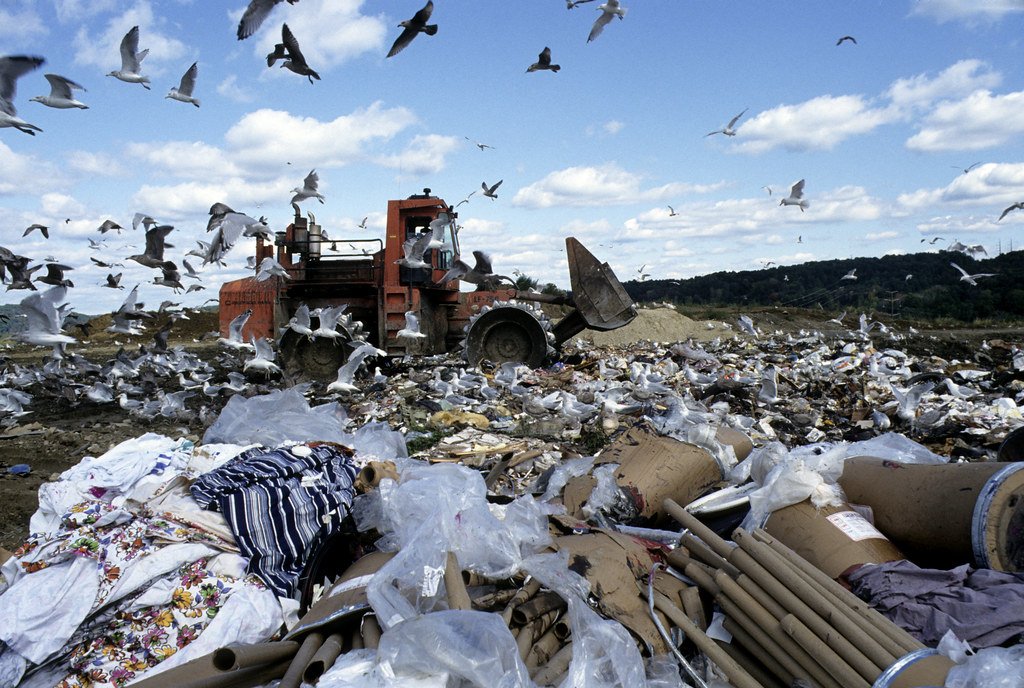
BOSTON — After many years of environmental degradation, the Commonwealth of Massachusetts has secured a $2.1 million settlement aimed at addressing the damage to natural resources caused by toxic and radioactive waste that was disposed of at the former Shpack Landfill located in Attleboro and Norton. This significant agreement, revealed by the Healey-Driscoll Administration, holds previous landfill users responsible and paves the way for much-needed ecological restoration.
The Shpack Landfill, which was in operation from 1946 until approximately 1975, accepted hazardous and radioactive waste, leading to the contamination of soil, wetlands, water, and groundwater in the nearby regions. Although the cleanup of the site officially wrapped up in 2013, this new settlement provides direct compensation to the public for the long-term devastation of fish and wildlife habitats.
“Though nothing can ever make up for the nearly 30 years of environmental contamination… I’m grateful to have helped secure this monumental settlement,” said Attorney General Andrea Campbell, praising the collaborative effort between state and federal agencies.
Healing a Long-Polluted Landscape
The $2.1 million funding will be allocated to restoration initiatives aimed at enhancing ecosystems and supporting local communities.
According to officials, these funds will be directed towards practical environmental efforts—such as rejuvenating wetlands, restoring wildlife habitats, and rehabilitating aquatic systems that have been significantly harmed by years of toxic waste disposal. “This funding will help repair decades of industrial pollution,” said Energy and Environmental Affairs Secretary Rebecca Tepper. “We look forward to working with local partners to turn this settlement into real restoration.”
A Hard-Fought Victory for the Environment
The initiative to rehabilitate and restore the Shpack site has spanned several decades, involving both legal and scientific efforts. In 1986, the landfill was included in the federal National Priorities List because of the extent of its contamination. A cleanup strategy was established in a 2009 Consent Decree, with remediation activities conducted from 2004 to 2013.
The most recent agreement shifts its focus from cleanup to compensation for the harm inflicted on natural ecosystems—this is a significant victory for conservationists, local residents, and future generations.
“Decades of dedication and a commitment to preserving our natural resources got us here today,” said MassDEP Commissioner Bonnie Heiple. “Now we can restore what was lost.”
The agreement was reached through negotiations involving the Massachusetts Department of Environmental Protection (MassDEP), the U.S. Fish and Wildlife Service, and the U.S. Department of the Interior, with significant backing from the Department of Justice and the office of AG Campbell. “This is a major milestone,” said Sharon Marino, acting regional director for the U.S. Fish and Wildlife Service. “The health of our fish, wildlife, and habitats will directly benefit from this agreement.”
Although specific restoration projects will be revealed in the upcoming months, both state and federal officials stress that community involvement will play a crucial role in determining the allocation of funds.
📍 Did you grow up near the Shpack Landfill?
We want to hear your story. Share your experience or hopes for restoration by emailing editor@newsmeapp.com or tagging us on social media @NewsMeApp with the hashtag #ShpackRestoration.
Stay tuned for updates as Massachusetts begins the next chapter in healing this long-scarred landscape.



